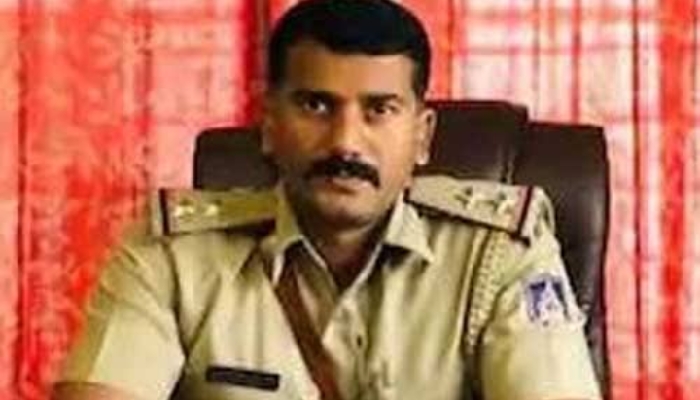Mangaluru, Jan 9: A forest guard was arrested caught red-hand by Anti-Corruption Bureau (ACB) officials while accepting Rs 3,000 bribe from a person for granting permission to cut Mahogany trees for his personal use, a statement said on Thursday.
According to the statement, the arrested identified as N Sudheer sought bribe of Rs 15,000 from Gopalakrishna Herale, a resident of Beltangady.
Mr Herale, in a complaint, lodged on January 7 said that he had sought a permit from the forest department for cutting of Mahogany trees purchased by him.






Comments
Add new comment